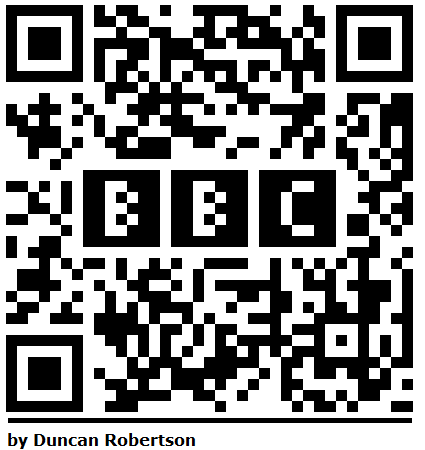Published: 19 August 2011
Pedja Urosevic for the Media Diversity Institute
If Fiona Armstrong or anyone else at the BBC had given it a second thought they would never have put the following question to veteran rights campaigner and author Darcus Howe: “Mr. Howe. If I can just ask you, you are not a stranger to riots yourself, I understand, are you? You have taken part in them yourself?”

Not surprisingly, Howe bristled and responded, ’you just sound idiotic’ exposing just how a live interview can go badly wrong when the questioning is loaded and imprecise. This incident, broadcast on the BBC News Channel on 9th August 2011, highlighted the need for a mix of common sense, good research and careful use of words when interviewing people in times of tension. The skill requires a degree of experience and good journalistic education, all of which we should expect from the BBC and its journalists.
A short analysis of the interview helps to better understand what went wrong and why the BBC was left scrambling to explain itself in the controversy that followed. These are excerpts of the transcript from the interview:
Fiona Armstrong:
…I’m now joined with Darcus Howe, who is a writer and broadcaster and we can speak with him now, Darcus Howe is right now in Croydon. Darcus Howe are you shocked by what you seen last night?
Darcus Howe:
No. Not at all. I have been living in London for 50 years. There’s so many different moods and moments. But what I was certain about, listening to my grandson, and my son, is that something very very serious was going to take place in this country. Our political leaders had no idea. The police had no idea. But if you look at young blacks, and young whites, with a discerning eye, and a careful hearing, they have been telling us and we would not listen, that what is happening in this country, to them, is – what it is…
Fiona Armstrong:
Mr. Howe if I can just – If I can just stop you Mr. Howe for a moment — you’re not – you say you’re not shocked — does this mean that you condone what happened in your community, last night?
Darcus Howe:
I condone – if I – Of course not! What am I going to condone it for? What I am not – what I’m concerned about more than anything else, there’s a young man called Mark Duggan. He has parents, he has brothers, he has sisters, and two yards away from where he lives, a police officer blew his head off. (The presenter than went on to challenge the statement above saying that there hasn’t been an official inquiry yet, and that’s the only good response she made during this short live interview.)
Fiona Armstrong:
Mr. Howe. If I can just ask you, you are not a stranger to riots yourself, I understand, are you? You have taken part in them yourself? (How interviewer knows that interviewee is ‘not a stranger to riots’? Someone is whispering to her? Insight in a person’s criminal records check? She saw him on TV before?)
Darcus Howe:
I’m not a – I have never taken part in a single riot. I have been on demonstrations that ended up in a conflict. And have some respect for an old West Indian Negro, instead of accusing me of being a rioter. Because I – you don’t want me to get abusive – you just sound idiotic. Have some respect!
Leaving aside the provocative and dangerous suggestion that if one is not shocked by rioting you are therefore condoning it, this was a live interview that went badly wrong and largely because the interviewer was not up to speed on the background of Darcus Howe, for decades a commentator and specialist on community relations who does not take kindly to fools and journalists alike.
The BBC produced a form of apology on its complaints web site:
 “We forwarded concerns on this issue to BBC News Channel Editors and while they accept that this interview was not ideal, they stressed that the presenter did not intend to show Mr Howe any disrespect and the questions were simply intended to gauge his reaction to the events in Croydon the night before.
“We forwarded concerns on this issue to BBC News Channel Editors and while they accept that this interview was not ideal, they stressed that the presenter did not intend to show Mr Howe any disrespect and the questions were simply intended to gauge his reaction to the events in Croydon the night before.
In particular they acknowledge that the interview included a poorly phrased question about rioting. This can and does happen on occasions during live interviews and was compounded by a number of technical issues during the interview which led to the presenter and Mr Howe talking over each other.
Therefore, while Fiona Armstrong was trying to make a general point about protests, we’d like to apologise for any offence that this interview has caused.”
No offence intended then and, I’m sure, none taken. But Fiona and friends might reflect on the hard lessons here, not least of which is to hold back from leading and loaded questions, particularly with people who have a reputation for knowing what they are talking about.